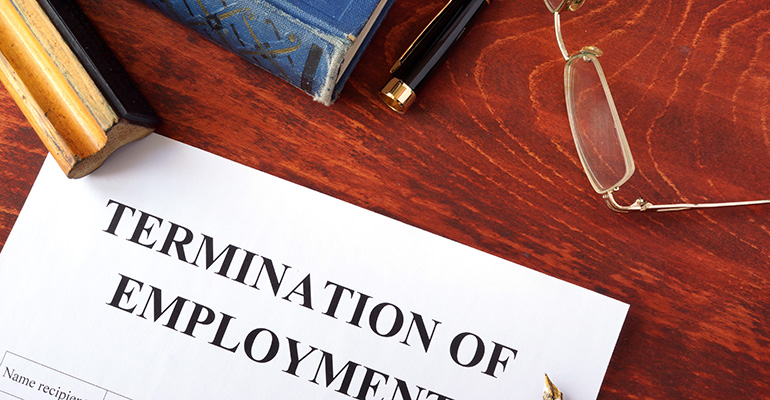
Fired for Being Pregnant? What You Have to Prove
 Pregnancy is a joyous event. However, it’s not without its stresses. One stress you shouldn’t have to worry about is losing your job. It’s against the law to be treated differently than other non-pregnant employees at work because you are pregnant. As long as you are capable of doing your job, you must be allowed to work as any non-pregnant employee would be entitled to work. You are entitled to the same terms and conditions of employment and benefits as non-pregnant employees.
Pregnancy is a joyous event. However, it’s not without its stresses. One stress you shouldn’t have to worry about is losing your job. It’s against the law to be treated differently than other non-pregnant employees at work because you are pregnant. As long as you are capable of doing your job, you must be allowed to work as any non-pregnant employee would be entitled to work. You are entitled to the same terms and conditions of employment and benefits as non-pregnant employees.
Similarly, if there’s an assignment you can’t do because you’re pregnant, you must be afforded the same reasonable accommodations given to someone with a different disability. Also, your employer cannot determine when you will go out on maternity leave or how long you must stay out after childbirth. If your company does not provide sick leave, it could be discriminating against you as well if it allows time off for those with different conditions such as a chronic pain problem.
According to the Equal Employment Opportunity Commission (EEOC), pregnancy discrimination
“involves treating a woman (an applicant or employee) unfavorably because of pregnancy, childbirth, or a medical condition related to pregnancy or childbirth.”
Pregnancy discrimination not only applies to being fired because you are pregnant, but it can also include other adverse employment actions such as being passed over for promotions, being denied benefits, and/or not being hired when you are a candidate for a job.
In 2016, the EEOC received 3,486 pregnancy discrimination claims, which amounted to awards of $15.5 million (this does not include monetary awards attained through litigation). Pregnancy discrimination does occur. Don’t assume your employer has entered the 21st Century and left pregnancy discrimination behind.
If you believe you were wrongfully terminated or if any of the above applies to you, there are actions you can take to prove that you were discriminated against. The burden of proof will come down to direct or circumstantial evidence.
What You Need to Prove Pregnancy Discrimination
-
-
Direct Evidence
-
If your employer admitted to acting with discriminatory intent, you likely have direct evidence to prove your case. For example, if you tell your boss that you are pregnant and you are then subsequently terminated, although able to work, you may have direct evidence of pregnancy discrimination.
In most situations, your employer is required to make reasonable accommodations for you if you have limitations associated with the pregnancy. For instance, a police officer can be assigned a clerical position for the duration of her pregnancy. Firing is not a reasonable accommodation.
-
-
Circumstantial Evidence
-
On the other hand, if you don’t have direct evidence, you can also prove discrimination by showing that your employer went against standard policies and practices, altered its behavior in some fashion, or operated in a way that did not make sense for the business. If your employer does not provide a logical explanation for its actions, there could be an inference of discrimination. Similarly, if it can be proved that your employer started treating you differently after hearing that you were pregnant or if other employees were accommodated for ailments like back pain and you were not, discrimination could be inferred.
Talk to an Experienced Employment Attorney
If you believe you were treated differently than your co-workers due to your pregnancy, it’s best to consult an experienced employment attorney to help you navigate the process. The first step is to file a Charge of Discrimination with the EEOC so that you can preserve your right to sue. However, time is of the essence because there are deadlines for both filing a charge and a lawsuit.
While you can file without an attorney, having representation is advisable. Your employer will have representation. An employment attorney can help you sort out the details of your experience, including three things you need to prove your employment discrimination case.
At Wenzel Fenton Cabassa, P.A., we protect employee rights, and we can help you understand pregnancy discrimination as it relates to wrongful termination. Please access our free ebook on Wrongful Termination today or call us to schedule your free consultation.
Please Note: At the time this article was written, the information contained within it was current based on the prevailing law at the time. Laws and precedents are subject to change, so this information may not be up to date. Always speak with a law firm regarding any legal situation to get the most current information available.









